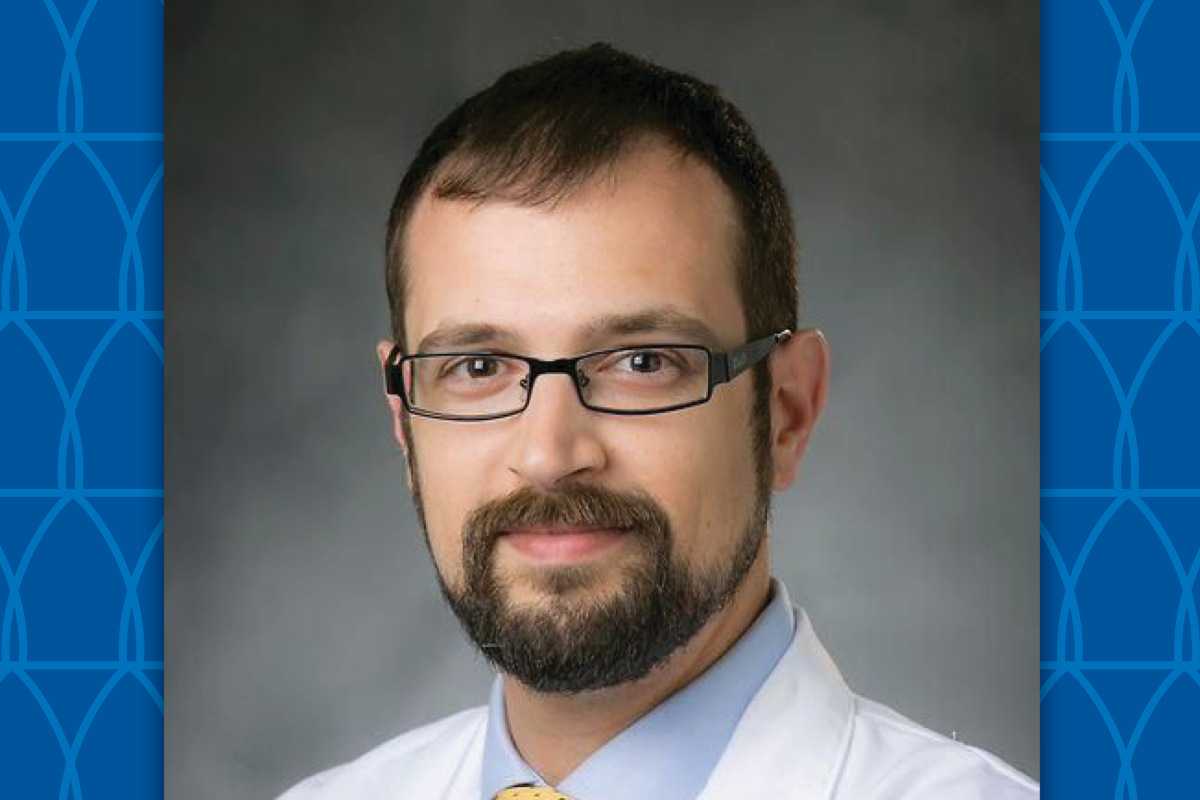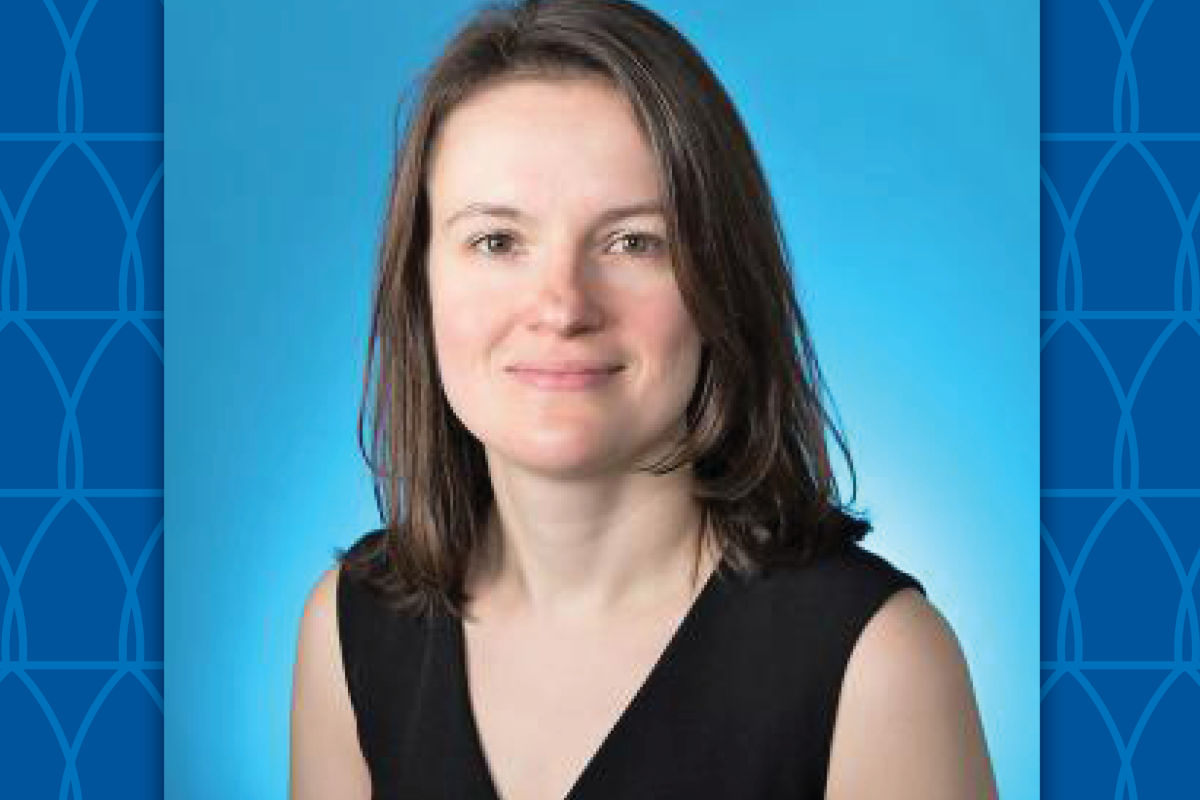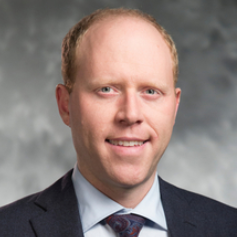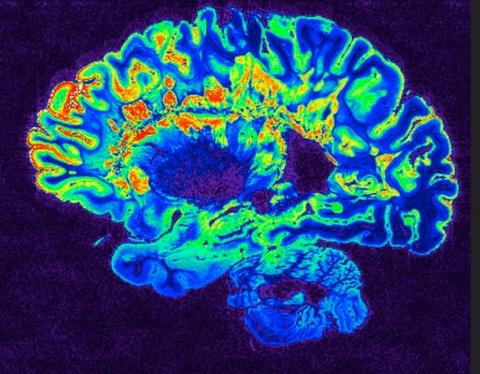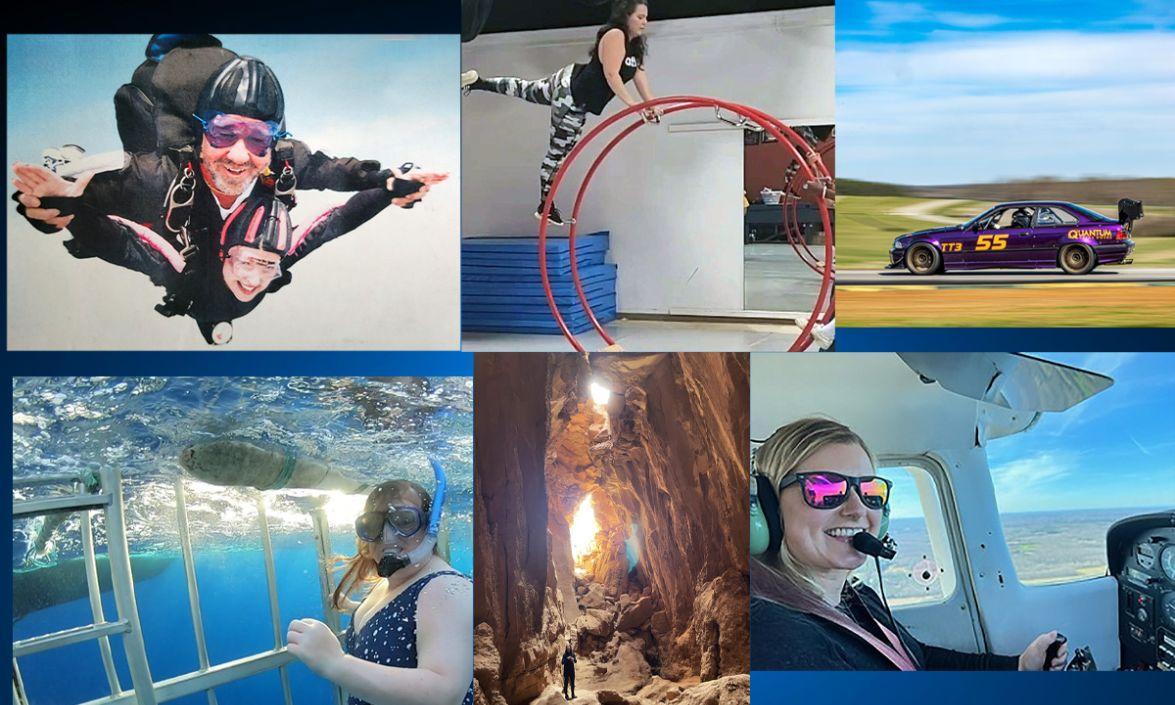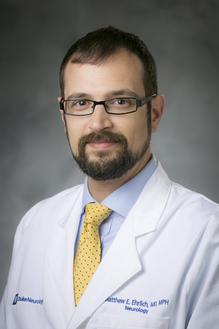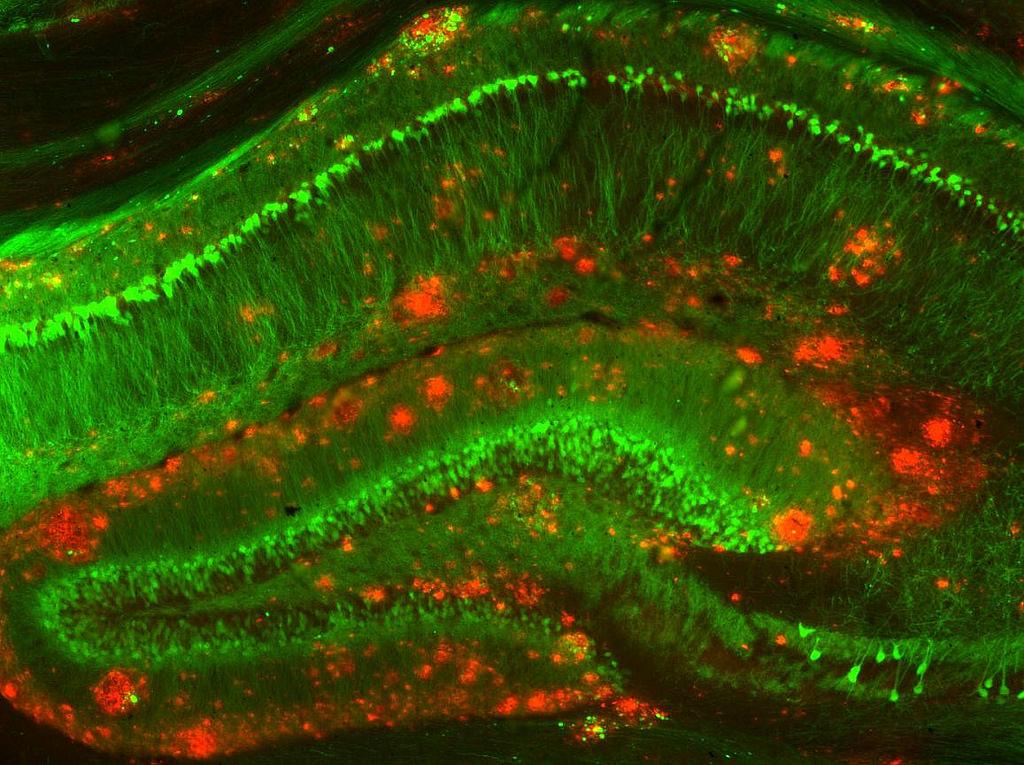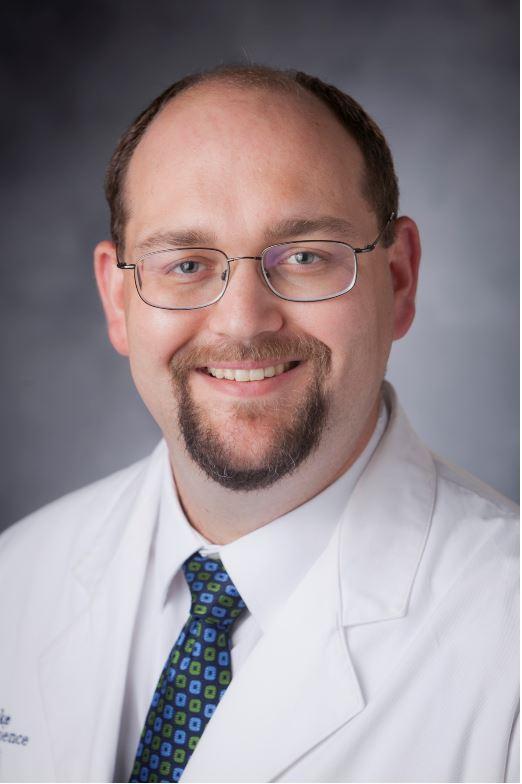The Unrecognized Value of Neurohospitalist Fellowships - Reframing Perspectives
Dr. Ehrlich gives perspective on the value of Neurohospitalist Fellowships in this op-ed from Practical Neurology.
Margarethe Goetz PhD, PA-C Awarded 2024 APP Clinical Excellence Award
Margarethe Goetz PhD, PA-C was one of six Advanced Practice Providers (APPs) awarded a 2024 Duke APP Clinical Excellence Awards as part of National Advanced Practice Provider Week. There were over 160 nominees nominated for having demonstrated exceptional commitment, dedication, expertise, and impact within the Duke Health system.
Goetz is a Physician Assistant on the Duke Raleigh Hospital Neurology Consult Team.
The full list of recipients is as follows:
Communicating Thoughts by Means of Brain Implants?
This article talks about a paper, High-resolution neural recordings improve the accuracy of speech decoding, in which Dr. Southwell was a lead researcher.
Duke Neurology Research Round Up, January 2024
In January, members of Duke Neurology wrote and contributed to 20 peer-reviewed journal articles. This month’s research includes an article reviewing interneuron transplantation for drug-resistant epilepsy, a study on the relationship between BMI and intracerebral hemorrhage, and a study indicating that genetic associations with longevity are stronger in females than in males.
Duke Neurology at AAN 2023: Highlights from Boston
Members of the Duke Neurology Department shared their advances and insights in neurology education, health disparities, movement disorders, and other areas at the American Academy of Neurology’s (AAN) 75th annual meeting in Boston this week. This year, our faculty, staff, and trainees contributed more to the AAN than in any previous year, contributing to 20 posters and abstracts and six classes or sessions.
Faculty Spotlight: Matthew Ehrlich, MD, MPH
Matthew Ehrlich, MD, MPH, got his first exposure to hospital neurology seven years ago as a vascular neurology fellow. He came to love the complexity and variety of cases during that rotation and joined the division after completing his fellowship. For this week’s Spotlight interview. Ehrlich talks about working as a hospital and vascular neurologist across our three hospitals.
Duke Neurology Research Round Up, March 2023
The shortest month of the year was still an active one for research in the Duke Neurology Department. Our faculty, trainees, and staff members contributed to 10 new peer-reviewed journal articles this February.
Faculty Spotlight: Matthew Luedke, MD
The growing specialty of hospital neurology has two hallmarks: complexity and diversity. One minute a hospital neurologist may be helping a cancer patient who is having a seizure; the next, they might be treating a recovering heart attack patient who has just had a stroke. Cases like these are the bread and butter for Hospital Neurology Division Chief Matthew Luedke, MD. In this week’s Faculty Spotlight interview, Luedke talks about the joys and challenges of seeing patients across our hospital system.
Duke Neurology 2022: A Year in Review (Part 2 of 2)
The Duke Neurology Department continued to build on its success in the second half of 2022. The final six months of 2022 saw Duke University Hospital receive national rankings for neurology and neurosurgery, our first endowed professorship dedicated to help treat and understand amyotrophic lateral sclerosis (ALS), and recognition as the country’s second national center of excellence for dystonia among other achievements.
